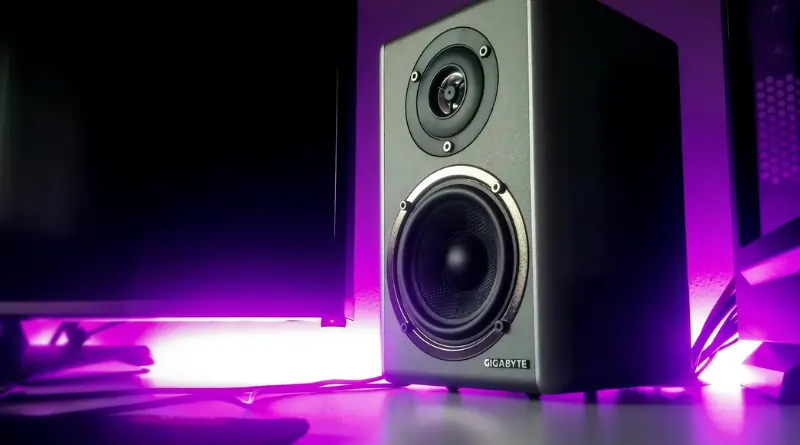Introduction
From the games we play to the tools we use for work and chatting, mobile apps are a big part of our daily lives. Every company, startup, and even individual creators depend on mobile apps to reach people, provide services, and stay ahead of the competition. But creating these apps isn’t just about having a brilliant idea; it’s also about choosing the correct programming language to bring that idea to life. With so many options available today, developers use different languages to build mobile apps that are fast, smooth, and easy to use.
In this article, we’ll look at how many programming languages are used in a mobile app development company and what makes each one special.
Understanding the Two Main Types of Mobile App Development
Before we talk about the different Languages, it’s essential to understand the two leading platforms:
-
iOS (Apple devices)
-
Android (Google devices)
Each platform has its own tools, software, and languages. That’s why developers need to choose whether to build a:
-
Native app (for one platform only)
-
Cross-platform app (works on both iOS and Android)
-
Hybrid app (a mix of both)
Languages for Native App Development
Native apps are made for one specific type of device, either Android or iOS. These apps give the best performance and user experience.
For Android:
Java
Java has been the primary language for Android apps for many years. It’s trusted, well-known, and offers numerous tools to help developers build high-quality apps.
Kotlin
Kotlin is now the top choice for Android app development. It’s simpler and shorter than Java, so developers can write less code to do the same job. It also helps find mistakes early and makes apps more stable. Google recommends Kotlin as the best language for Android.
For iOS:
Objective-C
Objective-C is one of the original languages used to make iOS apps. It was the leading choice before Swift was introduced.
Swift
Swift was launched in 2014 and quickly became the most popular language for iOS apps. It’s fast, simple, and safer than Objective-C. Most developers now use Swift to make iOS apps with fewer problems.
Languages for Cross-Platform and Hybrid App Development
To save time and money, many developers choose to build cross-platform apps. This means writing one code that works on both iOS and Android, instead of writing separate code for each.
Here are some popular languages and tools for cross-platform and hybrid apps:
Dart (with Flutter)
Flutter is a tool made by Google that uses a language called Dart. It enables developers to build apps that feel smooth and look like native apps with a single codebase. Flutter is becoming more popular because it’s fast and flexible.
JavaScript (with React Native, Ionic, Cordova)
JavaScript is one of the most used programming languages in the world. It powers many tools like:
-
React Native (by Meta) – Used to build apps that feel like real native apps. Great for things like banking apps.
-
Ionic & Cordova – Use web languages like HTML, CSS, and JavaScript to make apps. They wrap web content in a mobile shell so it runs like a mobile app.
C# (with Xamarin)
Xamarin is a tool from Microsoft that uses the C# language to build apps for both iOS and Android. It’s beneficial for developers who already use Microsoft tools, such as NET.
Backend Languages – Running the Core of Your App
Behind every app, other languages are working quietly to handle data, features, and user requests. These are used on the backend (server-side).
Python
Python is popular for building backend systems, especially when applications require intelligent features such as AI or machine learning. It’s also great for handling large amounts of data.
Ruby (on Rails)
Ruby, mainly when used with the Rails framework, is still loved by many startups. It helps developers build apps quickly and easily.
Go (Golang)
Go is made by Google. It’s fast and good at handling many tasks at the same time. It’s often used when scale apps need to hold a large number of users.
PHP
PHP has been around for a long time and is still widely used, especially in apps that use systems like WordPress. It’s simple, works well, and gets the job done.
Read Also: Avtub Secrets: Master Tech & Business Like a Pro
Conclusion
There’s no fixed number of languages needed to build a mobile app; it depends on what the app needs to do and how it should feel to users. Some apps may only need one language, while others might need several. What matters most is picking the right tools. That’s why choosing a skilled mobile app development company can make a big difference in building a successful app.
FAQs
How many programming languages are used to develop a mobile app?
The number of languages depends on the app’s needs. Some apps use only one language, while others use several for different parts, like the frontend and backend.
What is the difference between native, cross-platform, and hybrid apps?
-
Native apps are built for one platform (iOS or Android) and offer the best performance.
-
Cross-platform apps use one codebase that works on both iOS and Android.
-
Hybrid apps combine web technologies inside a mobile app shell to work across platforms.
Which programming languages are best for Android app development?
Java and Kotlin are the main languages for Android. Kotlin is now preferred because it is simpler and helps avoid mistakes.
What languages are popular for iOS app development?
Swift is the most popular and modern language for iOS apps. Objective-C was used earlier, but is now less common.
What is Flutter, and why is it popular?
Flutter is a toolkit by Google that uses the Dart language. It helps developers create apps that feel fast and smooth on both iOS and Android from a single codebase.
What backend languages are commonly used to support mobile apps?
Popular backend languages include Python (for AI and data tasks), Ruby (for fast development), Go (for handling many tasks), and PHP (for simple, reliable backend work).
Why is it important to choose the correct programming language for app development?
Choosing the correct language helps ensure the app functions well, is easy to maintain, and provides an excellent user experience.
Can one programming language be enough to build an app?
Yes, many apps can be built with one language, but more complex apps often use multiple languages for different functions.




